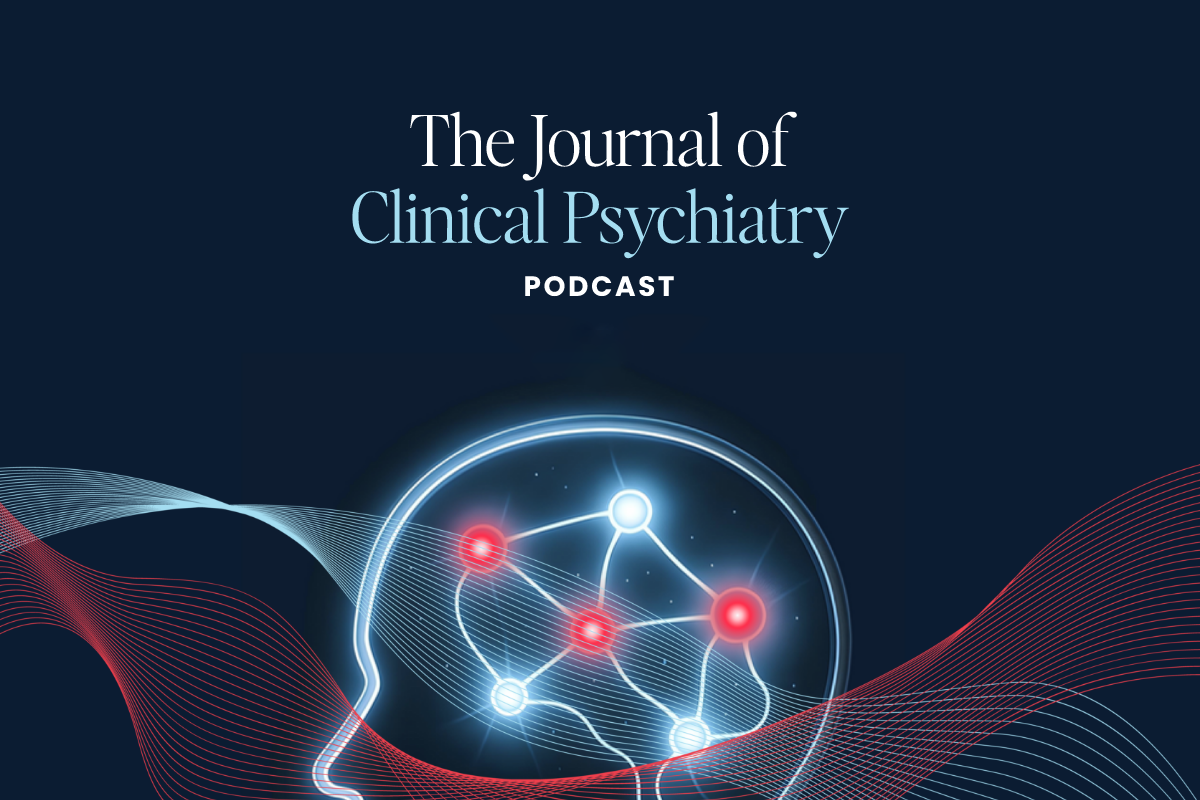As artificial intelligence (AI) moves from science fiction to actual science, it’s become a game-changing force in medicine. Instead of using generic programs like ChatGPT, Bing, or Bard, doctors and clinicians now have a range of specialized AI tools and resources tailored just for them. Here are five worth considering.
How AI Can Successfully Coach Humans on Empathy
AI Chatbot Gives Harmful Eating Disorder Advice
Microsoft Fabric
Currently in preview, this AI streamlines patient care and resource management by weaving together diverse data sets. Its single platform offers services and tools for tasks like data engineering, data science, real-time analytics, and business intelligence. The program powers data access, management, and analysis pulled from various sources using familiar skills and easy-to-use prompts. Plus, even remedial data crunchers can leverage the tech to generate instant insights. Fabric’s cost depends on the plan and required storage capacity. It’s available in a pay-as-you-go plan or subscription.
Azure AI
A cloud-based service that calls up quick, credible information for healthcare staff and patients alike, Microsoft Azure sources from top authorities like the US Food and Drug Administration (FDA) and the National Institutes of Health (NIH). Its “text analytics for health” feature swiftly sifts through various documents to pull out key medical information, and in multiple languages if necessary. The “AI health insights” feature offers three models to give clinicians a snapshot of patient history, simplify medical reports for patients, and flag errors in radiology reports. It’s also available in pay-as-you-go and subscription plans.
Nuance Dragon Ambient eXperience (DAX)
Think of DAX as a smart assistant for doctors. During patient visits, the tool listens and converts conversations into detailed medical notes using advanced technology. This not only makes paperwork easier, it improves care by allowing docs to make eye contact with the patient rather than a keyboard. Clinical scribes have been around for a while, but as of September, a fully automated version known as DAX Copilot interacts with OpenAI’s GPT-4 model. Costs range from thousands to tens of thousands of dollars per year per doctor, depending on type of license, number of users, and size of the health system.
Google Vertex AI Search
Imagine a super-smart search engine tailored to medical professionals. That’s Vertex. It quickly pulls information from various sources like patient records, notes, and even scanned documents. Clinicians can access information, answer questions, and caption images. It can also help with other tasks such as billing, clinical trials, and data analysis. Cost varies depending on the data type, feature, and model used.
Take A Class
There are numerous courses available to help master AI basics. Several are specifically tailored for medical professionals who want to leverage the power of the tech. Harvard AI for Health Care Concepts and Applications is an online course that covers AI basics and how to use them in a medical setting. The course includes lessons on data analysis, machine learning basics, and ethical AI use. Practice sessions and quizzes give clinicians hands-on experience to effectively integrate AI into their practice. If the $2,600 price tag is too high, consider a low-cost monthly subscription to Coursera, which offers nearly 50 AI in medicine certifications.



